In Asia afternoon trade, SGX prompt-month 62pc Fe fines futures fell by $3.70/t to $90.65/t, its lowest level this year. The Dalian Commodity Exchange (DCE) May 62pc iron ore futures fell by 2.3pc to 649.5 yuan/t ($93.70/t).
Chinese authorities have banned travel from the city of Wuhan, the epicentre of the outbreak, in attempt to slow the spread of the disease just as millions start to travel for the 24-30 January lunar new year holiday.
The Argus ICX 62pc index has remained above the $90/dry metric tonne (dmt) cfr Qingdao level since early December. This was because of rains that curbed supply from Brazil and Australia, and Beijing stimulus shoring up construction demand. Traders stocked up on seaborne cargoes ahead of the holiday on expectations of stronger demand into March, but the Wuhan threat has them rethinking such an outlook. The outbreak could delay the return of workers to construction sites, delaying iron ore and steel demand, so traders are taking out short positions to hedge the physical positions, said an iron ore trader based in Singapore.
“There are traders who stocked up on a lot of cargoes earlier, now hurrying to hedge by shorting on SGX or DCE. They expect the Wuhan virus outbreak could last for a few months if it is like the Sars in 2003,” the trader said.
The virus could reduce consumption of consumer goods, which will reduce demand for flat steel used in manufacturing autos and appliances. China produced nearly 1bn t of steel in 2019, with 2019 consumption estimated at 875mn t. Autos and appliances accounted for 66mn t of consumption.
China-based steel traders have mostly left the market, travelling for the holiday. They said they are not focused on the market but are trying to stay safe from the virus. The virus will, of course, affect the spring drawdown of steel inventories, they said.
Fonte: Argus





